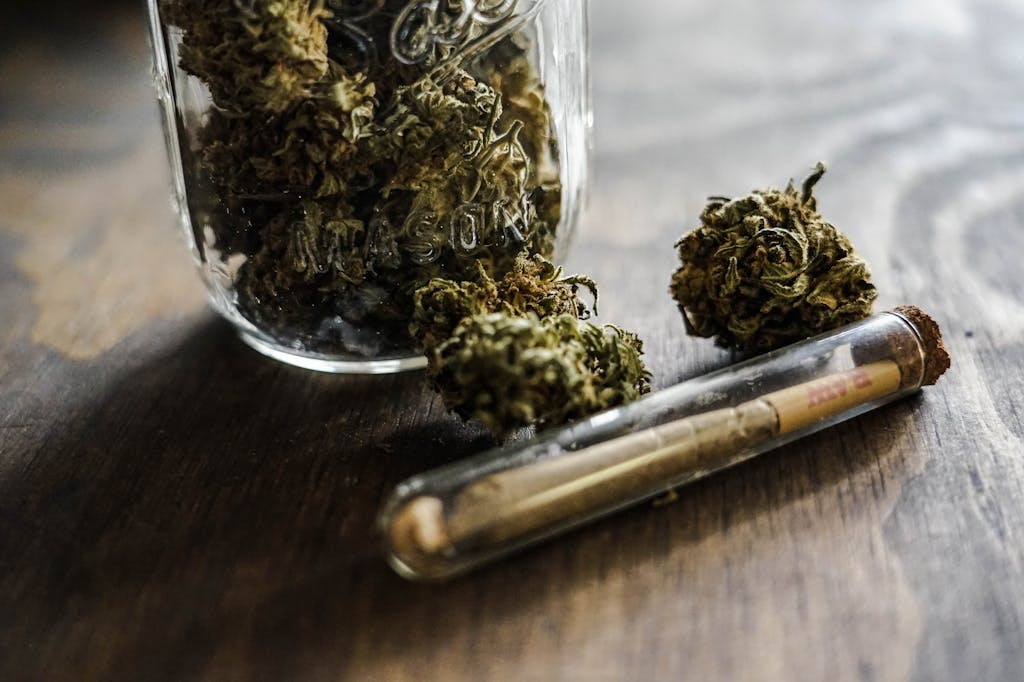Governor Gavin Newsom has signed Assembly Bill 8 (AB 8), bringing all intoxicating hemp products under California’s cannabis regulations. The move follows impressive compliance with emergency rules put in place last year to protect children from these products.
The Department of Alcoholic Beverage Control (ABC) reports 99.78% compliance among businesses since those emergency rules began. ABC visited 14,743 businesses and removed 7,210 illegal products from 151 locations during enforcement efforts.
“For too long, nefarious hemp manufacturers have been exploiting loopholes to make their intoxicating products available to our most vulnerable communities,” Newsom said when signing the bill.
The new law tackles a problem created by federal rules that left intoxicating hemp products largely unregulated. The 2018 Farm Bill legalized hemp nationwide but didn’t clearly address products with intoxicating effects. This created a situation where hemp-derived THC products could be sold in gas stations and convenience stores without age restrictions or safety testing.
AB 8, authored by Assembly Majority Leader Cecilia Aguiar-Curry, creates several major changes:
Similar Posts
First, it bans synthetic cannabinoid products entirely. These are lab-created compounds that produce similar effects to naturally occurring THC but often with unpredictable potency and safety concerns.
Second, it restricts inhalable hemp products that contain intoxicating compounds.
Third, it channels all intoxicating hemp products into licensed cannabis dispensaries, where they must follow the same rules as marijuana products. This means proper testing, clear labeling, and age verification to keep these products away from minors.
“Our first job is to protect our kids and our communities,” said Aguiar-Curry. “With this bill, we’ll have responsible regulation, increase enforcement, and support struggling legal cannabis businesses against criminal competition.”
The law builds on emergency regulations announced in 2024, which banned any detectable amount of THC in hemp food, beverages, and dietary products sold outside licensed dispensaries. Those rules also set a minimum age of 21 to purchase hemp products and limited packages to five servings maximum.
Department of Cannabis Control Director Nicole Elliott highlighted how AB 8 levels the playing field for businesses. “By closing loopholes around intoxicating hemp products and bringing them under the same strict rules as cannabis, this legislation protects consumers, ensures fair competition for licensed businesses, and strengthens the integrity of our regulated marketplace.”
The key provisions of AB 8 will take full effect in January 2028, giving businesses time to adjust. After that date, all consumable hemp products containing cannabinoids other than CBD must comply with California’s medical and recreational marijuana laws.
The law also expands the authority of state and local enforcement agencies to inspect, seize, and destroy unlawful products. This gives officials more tools to keep intoxicating products out of the wrong hands.
Non-intoxicating hemp products like pure CBD, hemp fiber, and traditional hemp products can still be sold in general retail stores outside the cannabis framework.
California was the first state to legalize medical cannabis in 1996, then approved recreational use in 2016. This latest move brings all intoxicating products under the same umbrella of regulation, regardless of whether they come from marijuana or hemp plants.



















